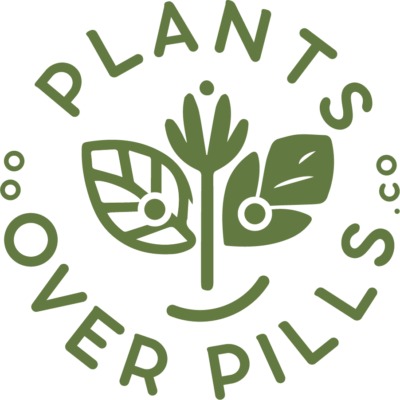Is high blood pressure hereditary?
High blood pressure, also called arterial hypertension, is commonly referred to as “the silent killer.” This surname is given because of its insidious nature, which mostly doesn’t show noticeable or perceivable symptoms. Thus, the majority of individuals with high blood pressure face the problem of being hypertensive.
Unlike other diseases that present clear signs, such as pain or fever, hypertension is mostly ignored. High blood pressure can result in severe damage to blood vessels and important organs, increasing the likelihood of serious complications such as heart attacks, strokes and kidney disease.

Yes, high blood pressure (hypertension) can have a hereditary component. If your parents or other close relatives have a history of high blood pressure, you are more likely to develop it yourself. However, heredity is just one of the factors that can contribute to high blood pressure. Other factors include age, race, lifestyle choices (such as diet, physical activity, and tobacco use), and underlying conditions (such as diabetes and obesity). It’s important to note that while you cannot change your genetic makeup, you can adopt healthy lifestyle habits that can reduce your risk of developing high blood pressure and help manage it if you have been diagnosed.
Supplements for Managing Blood Pressure: An Overview
Blood pressure management is a crucial aspect of maintaining overall heart health and preventing cardiovascular diseases. While lifestyle changes and medications are primary strategies for controlling blood pressure, many individuals turn to dietary supplements as an adjunct therapy. These supplements are often sought for their potential to naturally support blood pressure levels within a normal range. Here, we explore the role of supplements in blood pressure management, focusing on their benefits, types, and considerations for use.
Key Supplements for Blood Pressure
A variety of dietary supplements are purported to aid in blood pressure management, each working through different mechanisms. Among the most researched and commonly used are:
Magnesium
Magnesium is a mineral involved in over 300 biochemical reactions in the body, including those that regulate blood pressure. Magnesium supplementation has been shown to modestly reduce blood pressure in individuals with deficiency and those with hypertension.
Potassium
Like magnesium, potassium plays a vital role in maintaining electrolyte balance and normal blood pressure. Higher intake of potassium has been linked with lower blood pressure levels, particularly in the context of a high-sodium diet.
Omega-3 Fatty Acids
Found in fish oil and flaxseed oil, omega-3 fatty acids can help reduce blood pressure by improving vascular function and reducing inflammation.
Coenzyme Q10 (CoQ10)
CoQ10 is an antioxidant that helps support heart health and has been shown in some studies to lower blood pressure by enhancing energy production in cells and promoting arterial health.
Garlic
Garlic supplements have been studied for their potential to relax blood vessels and reduce blood pressure, although results have been mixed.
Considerations and Precautions
While the idea of managing blood pressure with supplements may seem appealing, it’s important to approach this method with caution. Supplements can interact with prescription medications, potentially reducing their efficacy or leading to adverse effects. Therefore, it’s crucial to consult with a healthcare provider before starting any new supplement, especially for individuals already taking blood pressure medication.
AND ONLY TAKE THE BEST ONES!
Additionally, supplements should not be viewed as a replacement for conventional blood pressure management strategies. A balanced diet, regular exercise, stress reduction, and adherence to prescribed medications remain the cornerstone of effective blood pressure control.
Supplements may offer adjunctive benefits for managing blood pressure, potentially aiding in the overall strategy to maintain heart health and prevent cardiovascular diseases. However, their use should be carefully considered and monitored in conjunction with traditional lifestyle modifications and medical treatments. With the guidance of a healthcare professional, individuals can make informed decisions about incorporating supplements into their blood pressure management plan, ensuring both safety and efficacy in their approach to heart health
It is essential that people regularly monitor their blood pressure, especially those with a family history of hypertension, obesity, a sedentary lifestyle, an unbalanced diet and smoking. Identifying hypertension early and treating it correctly are essential to avoid serious complications and improve patients’ quality of life.




